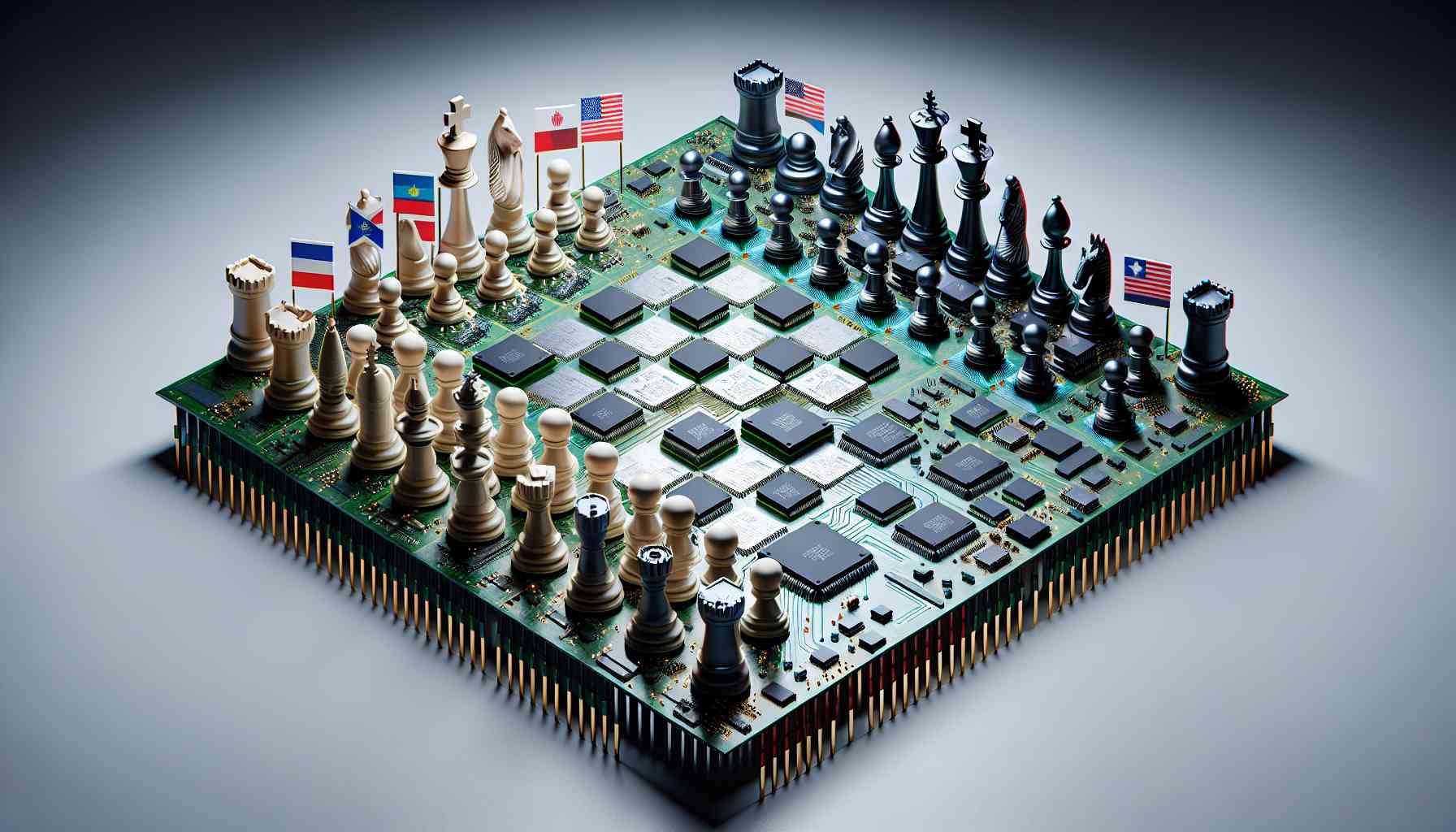Amidst the intensifying tech war between the United States and China, the semiconductor industry has emerged as a critical battleground. Semiconductors, which power a vast array of technologies ranging from smartphones to fighter jets, form the backbone of a global industry that is predicted to exceed $1 trillion by the end of the decade. Currently, the United States dominates the semiconductor market and has imposed strict restrictions on the sale of advanced chips and chip-making equipment to China in an effort to prevent American-made chips from being used in China’s military operations.
The export controls implemented by the Biden administration are primarily aimed at limiting Beijing’s access to vital technologies and ensuring that the United States maintains its technological superiority. China, on the other hand, accuses the United States of using these measures to hinder its own technological progress. In a recent interview, U.S. Secretary of Commerce Gina Raimondo emphasized the need to prevent American high-tech semiconductors from being integrated into China’s military infrastructure.
This escalating conflict highlights the significant role that the semiconductor industry plays in global power dynamics. The actions taken by the United States reflect broader concerns about national security and the potential economic repercussions of China’s technological advancements. While the long-term implications of this tech war are uncertain, the current situation underscores the strategic importance of the semiconductor industry in international relations and economic competition between global superpowers.
One country that finds itself at the center of this geopolitical storm is Taiwan, a major producer of advanced logic semiconductors. A potential conflict over Taiwan between the United States and China could result in economic losses of up to $10 trillion, equivalent to approximately 10% of global GDP, according to Bloomberg Economics. The outcome of Taiwan’s recent elections and the evolving cross-Strait relations, given the mounting pressure from China, could further impact this potential crisis. Taiwan’s newly elected President, Lai Ching-te, has vowed to provide unwavering support to the semiconductor industry, demonstrating the country’s determination to maintain its crucial role in the global economy amidst escalating tensions.
As the U.S.-China tech war rages on, the semiconductor industry remains at the forefront of this battle. The consequences of this conflict extend far beyond business interests, as the strategic importance of semiconductors in geopolitics and the global economy becomes increasingly apparent.
The source of the article is from the blog procarsrl.com.ar

